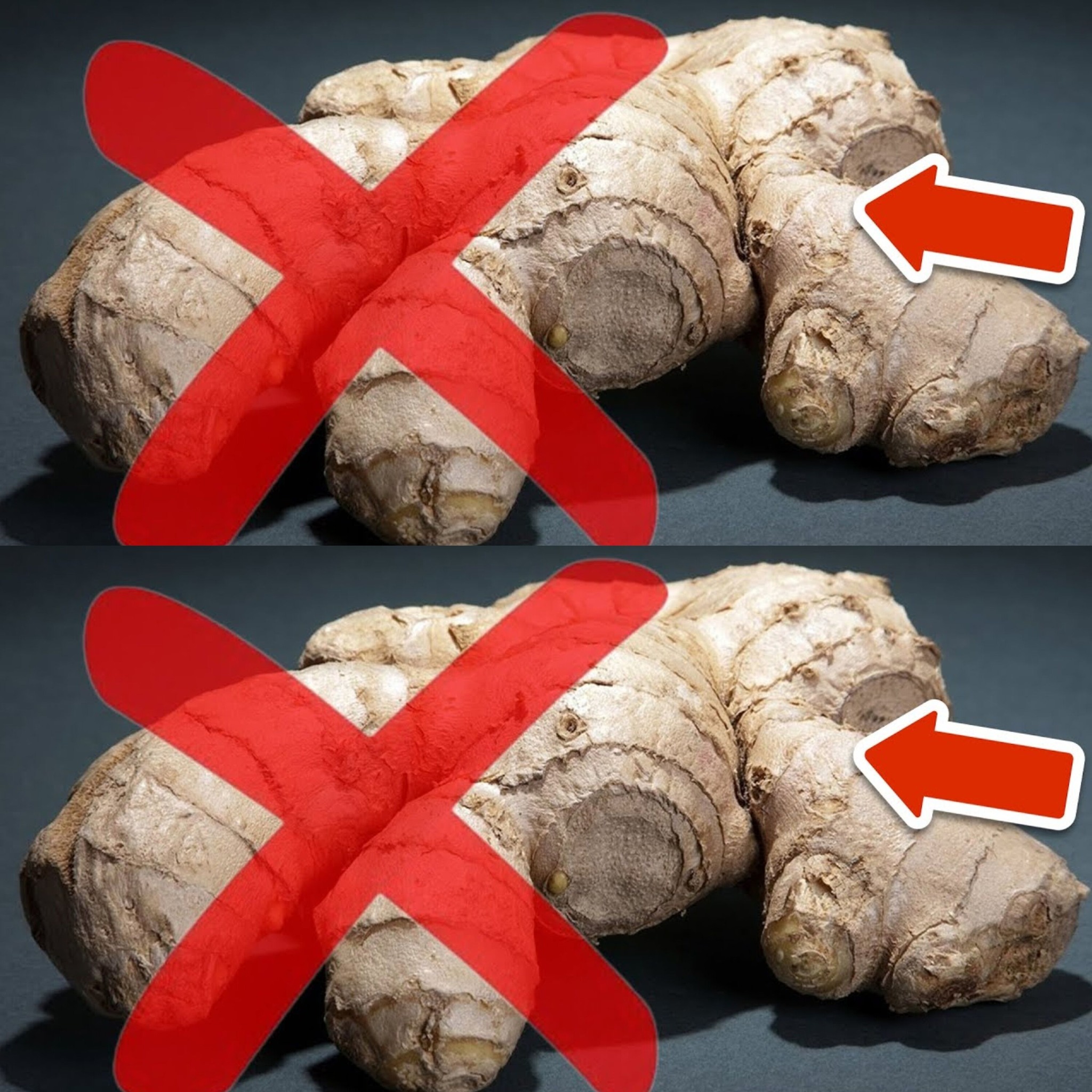ADVERTISEMENT
**Avoid Ginger if You Have THESE Health Problems: A Comprehensive Guide**
Ginger, a popular spice that has been used for centuries in culinary and medicinal practices, is renowned for its wide array of health benefits. From easing nausea to reducing inflammation, ginger is often lauded as a natural remedy for numerous ailments. However, despite its many positive attributes, ginger may not be suitable for everyone, particularly for individuals with certain health conditions. In this article, we will explore why some people should avoid ginger, focusing on the potential risks for those with specific health problems.
While ginger is generally considered safe for most individuals when consumed in moderation, it can interact with certain medications or exacerbate existing health issues. By understanding the potential risks and knowing when to avoid ginger, you can ensure your health and well-being are not compromised. Read on to learn about the health conditions that could make ginger harmful, and how you can manage your health accordingly.
### **The Benefits of Ginger**
Before diving into the reasons why some people should avoid ginger, it’s important to highlight the reasons it has earned its place as a health-boosting powerhouse.
1. **Anti-inflammatory Properties:**
Ginger contains bioactive compounds, such as gingerol, which have potent anti-inflammatory effects. This makes it an effective remedy for inflammatory conditions like arthritis, joint pain, and muscle soreness.
2. **Digestive Aid:**
Ginger has long been known for its ability to alleviate digestive discomfort. It can help reduce nausea, improve digestion, and prevent bloating. Ginger is especially helpful in alleviating morning sickness during pregnancy and in easing symptoms of motion sickness.
3. **Antioxidant Benefits:**
The antioxidants in ginger can help protect cells from oxidative damage, which is linked to chronic diseases such as cancer, heart disease, and diabetes.
4. **Pain Relief:**
Ginger has been shown to reduce pain associated with conditions like osteoarthritis, muscle aches, and even headaches.
5. **Immune Support:**
Ginger has been traditionally used to fight off colds and flu, thanks to its immune-boosting properties. It can help ease throat irritation and may reduce the duration of illness.
### **When to Avoid Ginger: Health Conditions That May Warrant Caution**
Despite the numerous health benefits, ginger may not be suitable for individuals with certain conditions. Below are specific health issues that could be aggravated by the consumption of ginger or make it potentially unsafe.
### **1. People with Blood Disorders (e.g., Hemophilia, Blood Clotting Disorders)**
Ginger can act as a natural blood thinner, which may increase the risk of bleeding in people who have blood disorders. This is particularly concerning for those with hemophilia, a condition where the blood doesn’t clot properly. Ginger’s ability to interfere with blood clotting mechanisms can exacerbate symptoms of bleeding disorders.
**Why Ginger is Risky:**
Ginger inhibits the activity of platelet aggregation, which is the process of blood cells sticking together to form clots. While this can be beneficial for preventing heart disease or strokes, it can pose a danger for individuals who are already at risk for excessive bleeding. For people with hemophilia or other clotting disorders, consuming ginger may increase the risk of bruising, internal bleeding, or prolonged bleeding from cuts.
**What You Can Do:**
If you have a bleeding disorder or are on anticoagulant medications like warfarin, it’s advisable to consult with your healthcare provider before using ginger as a supplement or incorporating large amounts into your diet. Small amounts, like those used in cooking, may be fine, but larger doses, such as in supplements, could pose risks.
### **2. Individuals on Blood Thinners or Anticoagulant Medications**
Similar to individuals with blood disorders, those who are on prescription blood thinners or anticoagulants should exercise caution with ginger. Common blood-thinning medications include warfarin (Coumadin), aspirin, and clopidogrel (Plavix). Since ginger has natural blood-thinning properties, it may interact with these medications, leading to an increased risk of bleeding.
For Complete Cooking STEPS Please Head On Over To Next Page Or Open button (>) and don’t forget to SHARE with your Facebook friends
